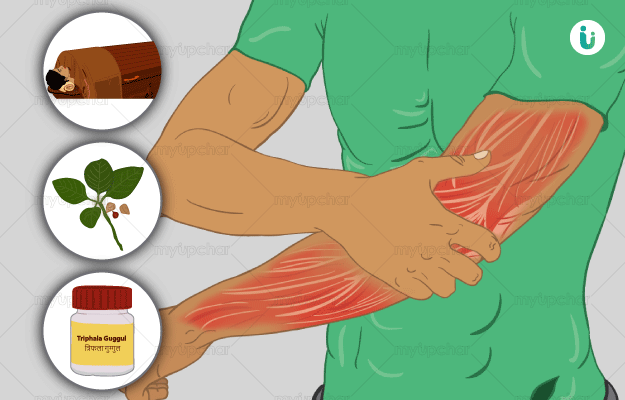Summary
Muscle pain is often a result of exertion or overuse of a muscle or muscle group and is quite common. It can be acute or chronic in nature. The symptoms of muscle pain depend primarily on the cause of muscle pain. The most common causes of muscle pain include tiredness, stress, wrong posture, injury, and infections. Muscle pain usually resolves on its own within a few days. However, chronic muscle pain could be indicative of an underlying health condition. The diagnosis can be established using blood tests, imaging tests, and physical examinations. Muscle pain like a cramp and muscle pull can be treated using home remedies such as using heating pads and taking rest. Other treatment options include physiotherapy, pain relief medications, and surgery.

 Doctors for Muscle Ache
Doctors for Muscle Ache  OTC Medicines for Muscle Ache
OTC Medicines for Muscle Ache
 Muscle Ache articles
Muscle Ache articles
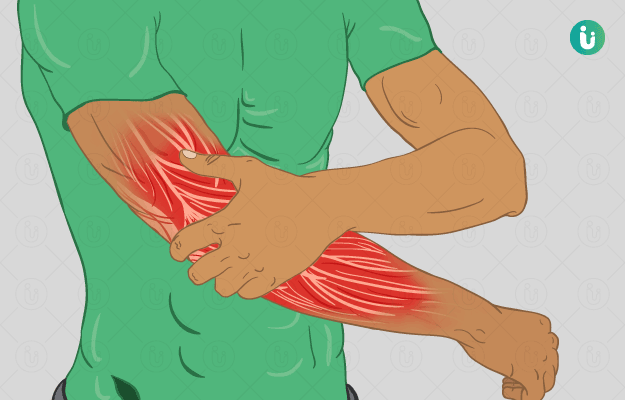
 Ayurvedic Treatment of Muscle Ache
Ayurvedic Treatment of Muscle Ache
 Home Remedies for Muscle Ache
Home Remedies for Muscle Ache
 Homeopathic Treatment of Muscle Ache
Homeopathic Treatment of Muscle Ache































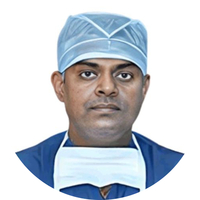



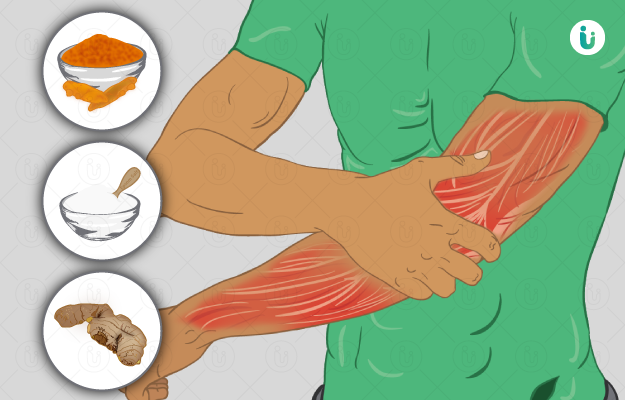
 Dr. Laxmidutta Shukla
Dr. Laxmidutta Shukla
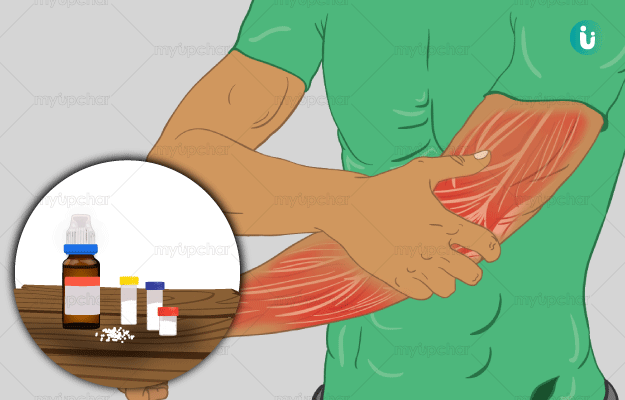
 Dr. Rachita Narsaria
Dr. Rachita Narsaria
